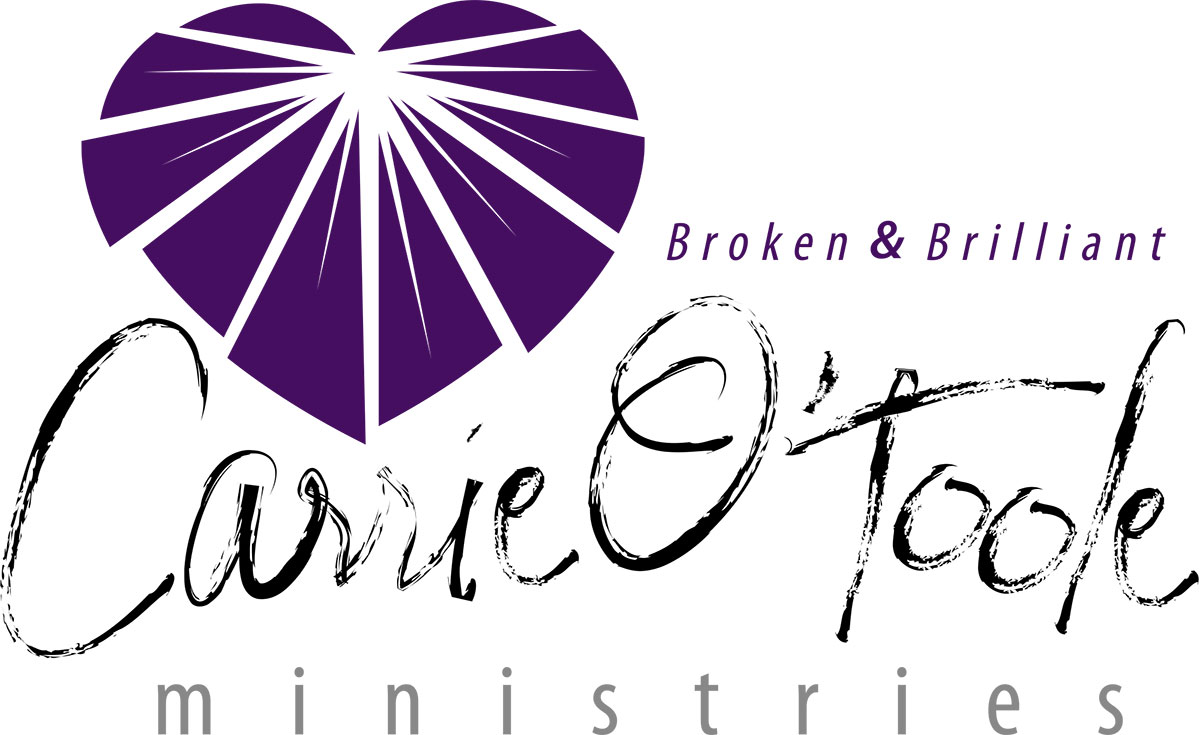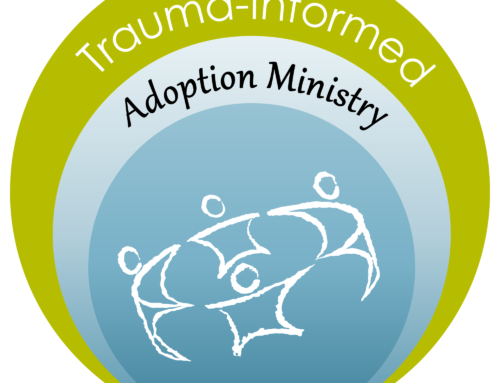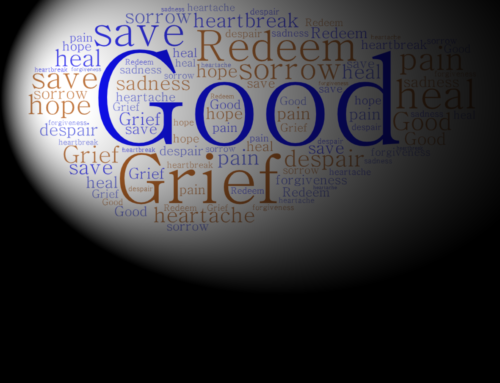
Colorado Life Coach: When Life is Too Much
Does the water feel like it’s rushing too fast?
Do you ever feel like you can’t get your breath?
Are the rocks too big?
I’ve lived in that place many times. It’s scary. You feel like you barely catch a break and something else hits. I’m not talking about little things either. It’s one big thing after another. It seems like other people have somehow figured out how life works, but your world just keeps tumbling.
Do you know what I mean?
What’s really going on?
In my counseling classes, I learned why circumstances can impact one person more intensely than another.
Some of us were taught how to manage life as we grew up. We learned boundaries, our emotions were welcomed, our little hearts mattered, and we were heard. Our families worked through issues. Transitions in life were welcomed, and we experienced growth. Because of this, when we hit a rough spot, we have the skills to deal with our circumstances. It doesn’t overwhelm us.
Some of us didn’t learn these skills. Our families didn’t deal with conflict (or much of anything), addictions raged and we pretended life was good, abuse or neglect was normal, our emotions were ignored or trivialized, our hearts weren’t seen or valued. As a result, when we hit a rough patch, we don’t respond in a healthy way. Our life is already stressed to the max, just from daily living. We don’t have the reserves to deal with anything else.
When we haven’t dealt with our dysfunctional family patterns and secrets, our energy is spent negotiating everyday life. We don’t have anything left if something goes wrong.
*The dishwasher breaks
*A child has a learning problem at school
*Your spouse loses his/her job
*Your best friend moves
*Someone has a car accident
These issues add stress. If our daily lives are already stressed to the breaking point, how do we respond when something unpredictable happens?
How can we change this?
Get some help! Figure out what healthy relationships, emotions, and families look like. If you grew up in dysfunction, health wasn’t modeled. You need to learn how to communicate directly. You need to figure out what is your responsibility, and what isn’t (boundaries).
As you learn new skills and put them into practice, your life will gradually start changing. Things will calm down. The bumps will become smaller. You’ll find you’re able to navigate the everyday much better, so the unknown doesn’t take you out.
Most people don’t ask for help until they face a crisis. This is a huge problem! In crisis mode, the skills they DO have are stressed. They can’t think clearly enough to learn new ways of living.
The time to deal with your negative patterns is when things are going well. You will have the energy to learn and practice new skills. Then when the next thing hits, you’ll be much more prepared and able to manage your life.
If you’d like help, click here.
This post written by Colorado Life Coach, Carrie O’Toole.





